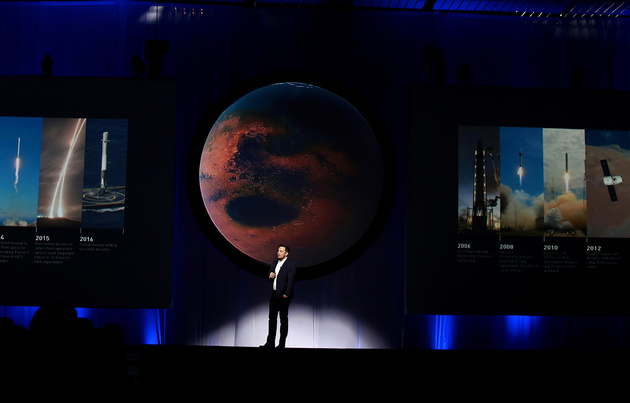
Photo/VCG
1. SpaceX Deploys 21 Starlink Satellites
SpaceX, the aerospace company founded by Elon Musk, announced on social media that it had successfully deployed 21 Starlink satellites into orbit on January 3. Of the 21 satellites, six are equipped with direct-to-cell capabilities.
Commentary: SpaceX's continued progress on the Starlink program suggests that the company's ambitions in space are not limited to exploring Mars, but also include building a new global internet infrastructure.
2. Samsung to Launch AI Smartphone in January
Samsung Electronics announced that it will unveil its next flagship device, the Galaxy S24, on January 17. In a teaser video, the company promised to usher in the Galaxy AI era.
Commentary: The company's decision to launch an AI smartphone suggests that it is seeking to consolidate its position in the high-end market.
3. Chiral Magnetic Computing Could Dramatically Reduce Energy Consumption
Researchers from University College London and Imperial College London have developed a new method of computing that could dramatically reduce energy consumption. The method, called physical reservoir computing, uses chiral (twisted) magnets as the computing medium. By applying an external magnetic field and changing the temperature, the researchers were able to adjust the physical properties of the materials to suit different machine learning tasks.
Commentary: This computing approach is well-suited for executing machine learning tasks. The research could open up new possibilities for green computing and intelligent computing in the future.
4. DRAM Prices Continue to Rise
According to media reports, major memory manufacturers such as Samsung Electronics and Micron are planning to raise DRAM prices by 15-20% in the first quarter of 2024. The price increases will take effect in January, and are expected to prompt customers to increase their orders.
Commentary: DRAM is an essential component in electronic devices. The price increases are a burden for consumers and downstream manufacturers.
5. Earthquake Forces Toshiba Factory to Shut Down
A magnitude 7.6 earthquake struck central Japan on January 1. The earthquake caused significant damage to infrastructure, including factories owned by major manufacturers such as Nippon Steel, Toshiba, and Murata Manufacturing. Toshiba announced that it has shut down a factory operated by its subsidiary, Kaga Toshiba Electronics. The factory is a key production center for power semiconductors. Toshiba has not yet announced when the factory will reopen.
Commentary: Japan is a major producer of semiconductors. The earthquake's impact on the country's semiconductor industry could exacerbate the global chip shortage.
Disclaimer: The content and data in this article are for reference only and do not constitute investment advice. Please verify before using.


 川公网安备 51019002001991号
川公网安备 51019002001991号





